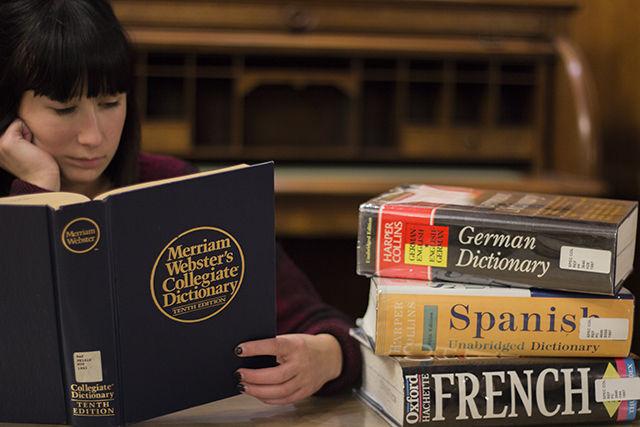While the opportunity to experience new cultures and places often creates a sense of wanderlust in students planning to study abroad, the reality of readjustment can sometimes be difficult for students returning home.
Being immersed in another culture can be enthralling and overwhelming, but when it’s time to return to the United States, it may be difficult to readjust in more ways than one. Though the Study Abroad Office declined to comment on the subject, it referred students interested in learning how to cope with these changes to its website.
Each country has its own social normality, which may or may not be what was expected. Returning from any place, however, can be an eye-opener for many North Carolinian norms. While some of these are behavioral, food is especially important.
“I got used to dark humor and people taking your words seriously; no American sarcasm or southern hospitality,” said Caryll Orejola, a junior majoring in art studies who traveled abroad to the Prague Institute in the Czech Republic last summer. “As soon as I landed, I went to have dinner with my family. It was weird having the waiter coming back so often just to ask how our meal was. The waiters in Prague didn’t need tips to survive and only came to check on you if you waved them down.”
Andy Masten, an undeclared junior, traveled to the village of Toriket, Nepal last fall. There he dined twice a day on steamed rice and lentil soup, a dish called “dal bhat” that is popular in areas of Nepal, India and Bangladesh.
“The first meal I had when I got back was at a barbecue restaurant in Durham and it was so nice,” Masten said. “When I was in Nepal, every day, twice a day, we ate dal bhat and that was it. Coming home and eating the food I had grown up with, and having variety was so nice. It was like soul food; it had felt good in my soul.”
While cultures of other countries may seem less inviting than others, some students said they find it difficult to leave the country where they studied abroad. This was the case for Kelly Wynne, a senior majoring in political science who studied in Ireland in the fall of 2013.
“I think the best thing about Ireland was how friendly the people are,” Wynne said. “Everyone is so nice, and the culture is much more relaxed and fun. They even have a word in Gaelic for it: craic. Craic is basically the fun and enjoyment of being with others. It can involve music or drinking. Basically, your typical pub life.”
Wynne said this kind of culture is less prevalent in the U.S., making the assimilation process difficult.
“Coming back home, it was hard for me to adjust back to the lack of friendliness,” she said. “Not that people are necessarily unfriendly here, but people tend to stick to their groups and not interact with strangers as much, unlike the Irish; it feels a bit isolating.”
Experiencing a feeling of loss for the friends and companions one makes while abroad is another factor that can make returning to the U.S. a bittersweet event.
“You live with these people, go out with them, see them every day and experience things you never could outside of that specific experience of studying abroad,” said Spencer Morris, a junior studying civil engineering who went to Cape Town, South Africa last spring. “Because of this, your relationships with them are very close and all of a sudden, they are gone; only to be seen possibly years later with immense effort.”
Yet despite the challenges that come with studying abroad and readjusting after coming home, students agree that it is an unforgettable experience.
“When I came home, I saw everything differently – school, daily routines, overall cultural mentality, and more,” said Tianna Soto, a senior majoring in psychology who studied abroad in Valencia, Spain during the summer of 2013. “I experienced what many study abroad students go through—a difficulty explaining the incredible experience of living abroad in another country. However, at the end of the day, I’m grateful for my time abroad and am so glad I had to the opportunity to travel. I learned about myself on a personal level and got to see life through different lenses.”








